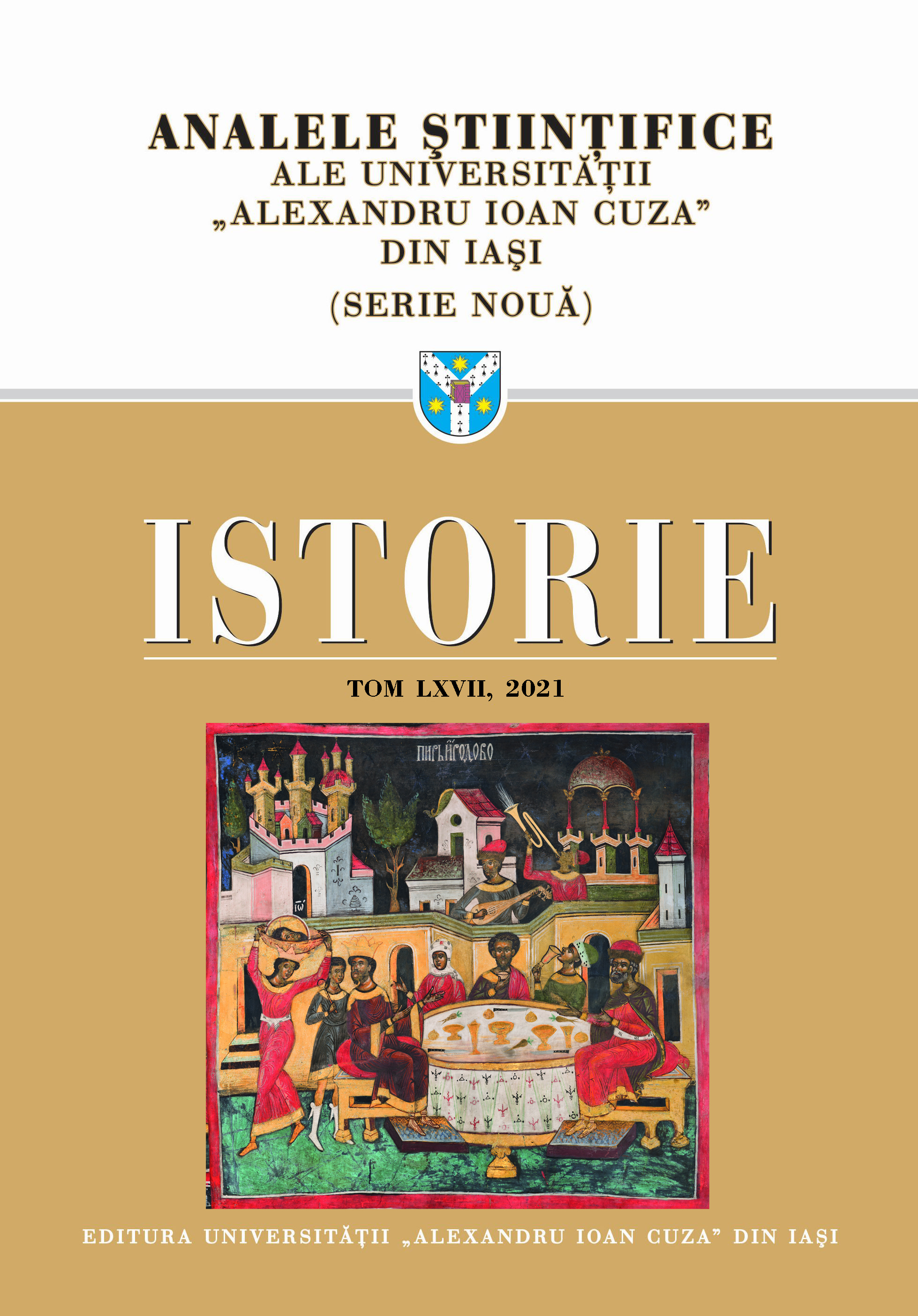30 de ani de la destrămarea R.S.F. Iugoslavia. Despre politică, societate şi „cultură de masă” – consideraţii
30 years since the dissolution of the R.S.F. Yugoslavia. About politics, society and “mass culture” – consideration
Author(s): Daniel LazărSubject(s): History, Music, History of ideas, Political history, Social history, WW II and following years (1940 - 1949), Transformation Period (1990 - 2010), History of Communism, Film / Cinema / Cinematography, Wars in Jugoslavia, History of Art
Published by: Editura Universităţii »Alexandru Ioan Cuza« din Iaşi
Keywords: Yugoslavia; Tito; Milošević; communism; mass culture; rock; yugofolk; nationalism; civil war;
Summary/Abstract: The Yugorock of the 70s-90s was not rejected a priori by the regime, as it occurred in the other socialist countries. The Communist Party believed that it was harmless as long as the authorities monitored it closely. The outbreak of the civil war in 1991 coincided with the “cultural” debut of turbofolk in Serbia and Serbian territories throughout Yugoslavia. It was characterized as a suburban culture movement, “tasted” by uneducated supporters of Slobodan Milošević’s style and that abounds in elements of kitsch by promoting peripheral messages such as “war glamour”, “greedy is cool”, “get rich quickly”, able to fascinate a decomposing society. In the last decade of the 20th Century, the hostile historical context turned Serbia of Slobodan Milošević into the victim of a predominant cultural “narcissism”, where certainties were eliminated and where the infallibility of the new Leader tended to become immanent.
Journal: Analele Ştiinţifice ale Universităţii »Alexandru Ioan Cuza« din Iaşi. Istorie
- Issue Year: 2021
- Issue No: 67
- Page Range: 495-505
- Page Count: 16
- Language: Romanian

